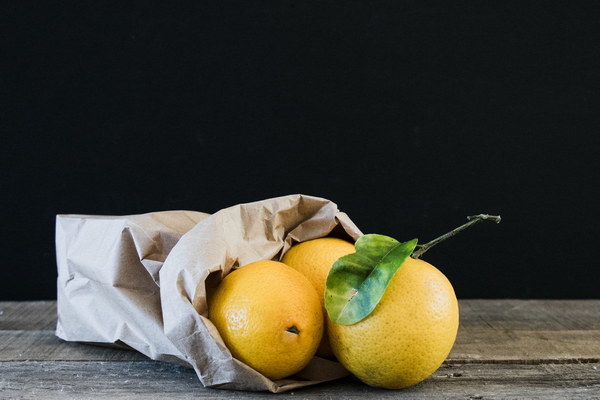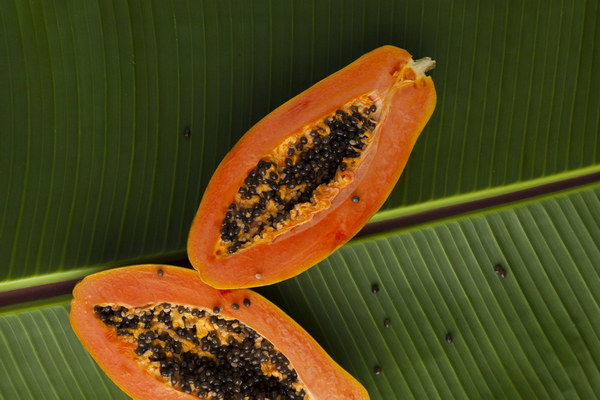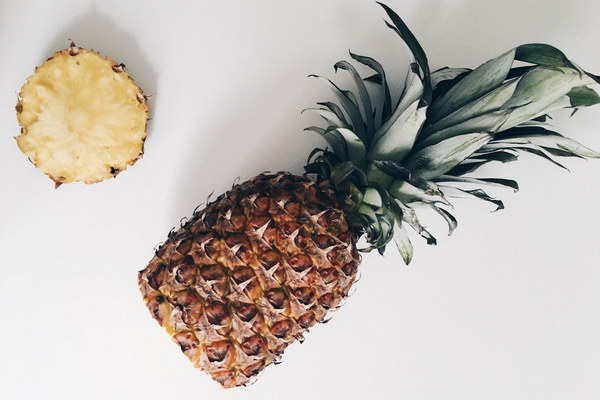Natural Bowel Movement & Dampness Elimination A Traditional Chinese Herbal Remedy Guide
In the realm of traditional Chinese medicine, there exists a wealth of wisdom when it comes to natural health remedies. One such remedy focuses on the dual objectives of bowel movement improvement and dampness elimination. This article delves into the art of using Chinese herbs to achieve these goals, providing a guide for those seeking a natural approach to their wellness.
Understanding Bowel Movement and Dampness in Traditional Chinese Medicine
In TCM, bowel movement is a critical aspect of one's health, as it is closely linked to the body's overall balance. A smooth bowel movement is indicative of good health, while constipation or diarrhea can be signs of imbalance. Dampness, on the other hand, refers to a condition where excess moisture accumulates in the body, leading to various health issues, including fatigue, weight gain, and digestive problems.
Herbal Remedies for Bowel Movement Improvement
To improve bowel movement, TCM utilizes a variety of herbs that possess laxative, diuretic, and digestive properties. Some of the most commonly used herbs include:
1. Mangosteen ( Garcinia mangostana ): Known for its potent anti-inflammatory and laxative properties, mangosteen is often used to treat constipation and improve bowel regularity.
2. Senna ( Cassia angustifolia ): A well-known laxative herb, senna is often used to treat constipation and promote bowel movement.

3. Aloe Vera ( Aloe barbadensis ): This herb is well-known for its cooling and soothing properties, which can help to ease constipation and improve bowel health.
Herbal Remedies for Dampness Elimination
To eliminate dampness, TCM focuses on herbs that have the ability to drain dampness from the body. Some of the most effective herbs include:
1. Poria ( Poria cocos ): Poria is a versatile herb that is commonly used to drain dampness, improve kidney function, and alleviate fatigue.
2. Cinnamon ( Cinnamomum cassia ): Cinnamon has warming properties that can help to expel dampness from the body and improve digestion.
3. Ganoderma ( Ganoderma lucidum ): Also known as reishi, ganoderma is a powerful immune-boosting herb that can help to strengthen the body and improve its ability to expel dampness.
Combining Herbs for Optimal Results
To achieve the best results, TCM practitioners often combine these herbs in various formulas. One popular formula for bowel movement and dampness elimination is called Bi Xie Fen Fei Tang, which translates to Bupleurum and Scute Decoction for Dampness and Phlegm.
This formula typically includes:
- Bupleurum (Bupleurum chinense)
- Scute (Scutellaria baicalensis)
- Poria (Poria cocos)
- Alisma (Alisma orientale)
- Atractylodes (Atractylodes macrocephala)
- Ginger (Zingiber officinale)
Precautions and Considerations
While herbal remedies can be a safe and effective way to improve bowel movement and eliminate dampness, it is important to consult with a qualified TCM practitioner before starting any new treatment. Certain herbs may interact with medications or be unsuitable for individuals with specific health conditions.
In conclusion, traditional Chinese medicine offers a wealth of natural remedies for bowel movement improvement and dampness elimination. By combining the right herbs and formulas, one can achieve a balanced and healthy body, promoting overall well-being.









